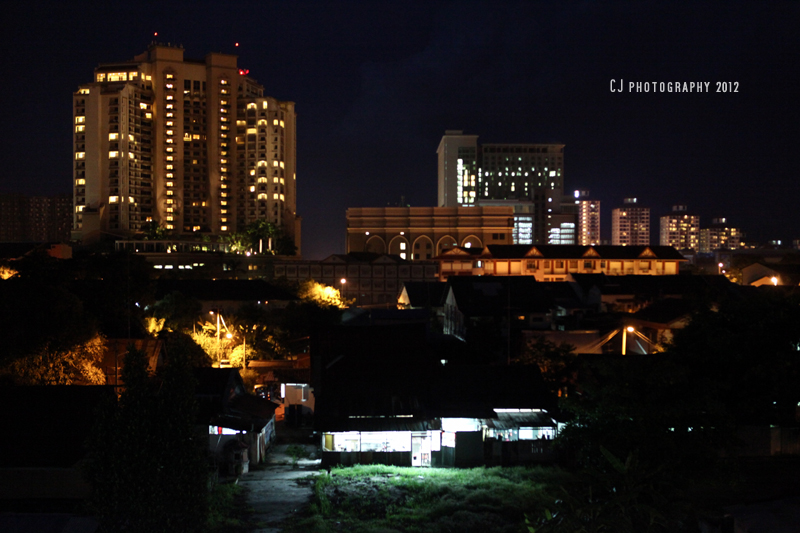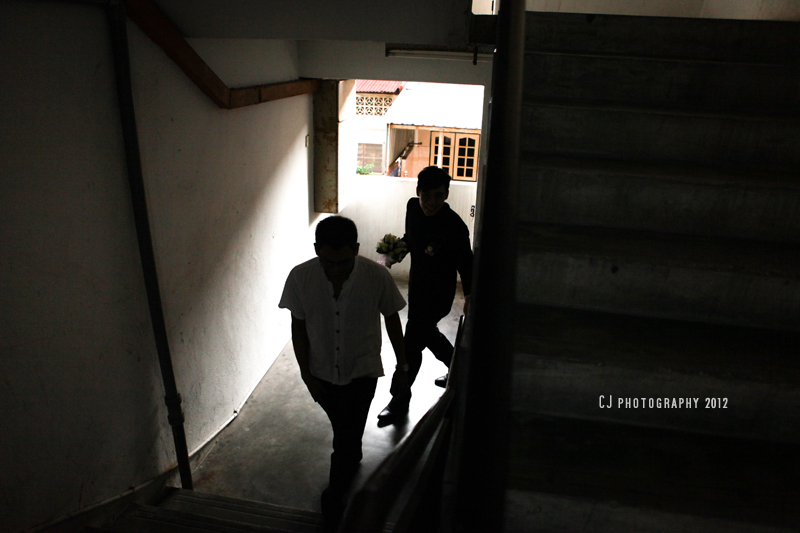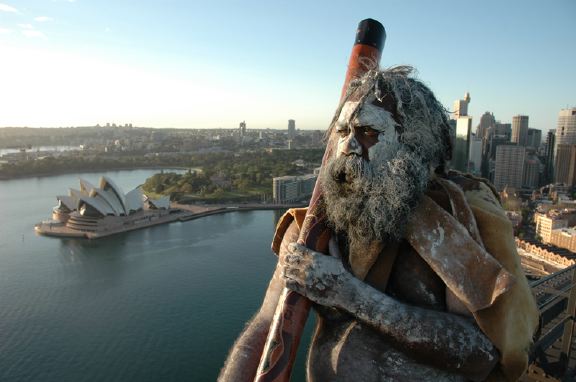
Coral bleaching caused by higher sea temperatures wreaked havoc across the Coral Triangle (photo by AFP/Getty Images/Reuters)
CAIRNS, Australia – About 85% of the reefs in the Coral Triangle, which covers the Philippines, is under threat from human activities, putting the food security and livelihood of millions of people in peril.
The World Resources Institute (WRI) released the report Reefs at Risk on Monday at the International Coral Research Conference in Cairns, Australia, which put a spotlight on the status of corals in the Coral Triangle, a biodiversity hot spot.
According to the WRI, the coral reefs in the waters of the Philippines, Indonesia, Malaysia, Timor Leste, Papua New Guinea, and Solomon Islands, are being threatened by overfishing, watershed-based pollution, and coastal development.
The rate of coral degradation in the region is greater than the global rate of 60%, the report said. If factors such as climate change and ocean acidification are included in the threat equation, the affected coral cover rises to 90%, the WRI said.
“Across the Coral Triangle region, coastal communities depend on coral reefs for food, livelihoods, and protection from waves during storms, but the threats to reefs in this region are incredibly high,” said Lauretta Burke, senior associate at WRI and lead author of the report.
“Reefs are resilient—they can recover from coral bleaching and other impacts—particularly if other threats are low. The benefits reefs provide are at risk, which is why concerted action to mitigate threats to reefs across the Coral Triangle region is so important,” she added.
The Coral Triangle is one of the major focuses of the conference because of the threats it faces and its biodiversity. The region is home to nearly 30 percent of the world’s coral reefs and more than 3,000 species of fish—twice the number found anywhere else in the world.
More than 130 million people living in the region rely on reef ecosystems for food, employment, and revenue from tourism.
“The influence of coral reefs on the most important aspects of people’s lives cannot be overstated. The influence extends far beyond the Coral Triangle to people around the world who benefit from the fisheries, tourism, medicines, and numerous other services that reefs provide,” explained Katie Reytar, research associate at WRI and also lead author.
Only 1% of PH reefs pristine
Dr. Mundita Lim, director of the Department of Environment and Natural Resources – Protected Areas and Wildlife Bureau, said the coral reefs in the country are progressively declining. As of 2010, only 1% of reefs are in pristine state, down from 3% in 2000. About 40% of the country’s reef cover is in poor condition.
Lim cited overfishing, destructive fishing practices, oil spills and hazardous waste from agriculture and industry as the major causes of the decline of the condition of local reef systems.
These are aggravated by the growth in population in the Philippine coastal areas, which put pressure on natural resources.
Climate change is another culprit. The Philippines saw a widespread coral bleaching event in 2010, which was triggered by warmer seas.
Lim warned that failure to protect the country’s coral cover will impact the Philippines’ economy. She noted that Filipinos depend on the seas for food and livelihood. Marine products such as tuna and seaweed are major sources of dollar revenues. Healthy reefs also help mitigate severe weather effects such as storm surges.
Consensus
The report from the WRI comes as leading coral reef scientists and researchers issued a consensus statement calling for urgent action to save the world’s coral reefs.
The statement, which was signed by 2,600 scientists at the start of the conference on Monday, said about 25%-30% of the world’s reef systems are severely degraded and this is expected to increase if local and global leaders fail to act.
“Coral reefs are important ecosystems of ecological, economic and cultural value yet they are in decline worldwide due to human activities. Land-based sources of pollution, sedimentation, overfishing and climate change are the major threats, and all of them are expected to increase in severity,” the ICRS consensus statement read.
Jane Lubchenko, administrator of the US National Oceanic and Atmospheric Administration, said “coral reefs have been the grocery and pharmacy of people for millenia, their protection against tsunamis and tropical storms, the foundation of cultures, a seemingly infinite source of inspiration, an invaluable library of life’s mysteries, and a rich source of resilience against environmental changes. “
“In far too many places around the world these benefits are gone or are disappearing. Over the past decade alone, threats to reefs have gone from worrisome to dire. Reef ecosystems are changing rapidly and radically, with profound consequences for people,” she said.
Call to action
Leading coral scientists said the consensus statement should guide policy makers to action. Coral reefs all over the world are also facing degradation, said Jeremy Jackson, Senior Scientist Emeritus, Smithsonian Institution and the 2012 recipient of the Darwin Medal.
In the Caribbean, for example, 75-85 percent of the coral cover has been lost in the last 35 years.
The Great Barrier Reef, the best-protected reef ecosystem on the planet, has not been spared. It has seen a 50 percent decline in coral cover in the last 50 years.
Jackson said climate change is exacerbating the problems that coral reefs are facing from local stressors such as pollution and overfishing. Climate change is also causing increased droughts, agricultural failure and sea level rise at increasingly faster rates that implies huge problems for societies.
“That means what’s good for reefs is also critically important for people and we should wake up to that fact,” Jackson said. “The future of coral reefs isn’t a marine version of tree-hugging but a central problem for humanity.”
Professor Terry Hughes, convener of the Symposium and Director of the ARC Centre of Excellence for Coral Reef Studies, said, “There is a window of opportunity for the world to act on climate change – but it is closing rapidly.”
[source :
http://www.abs-cbnnews.com/-depth/07/09/12/coral-triangle-ph-reefs-under-threat]
























































